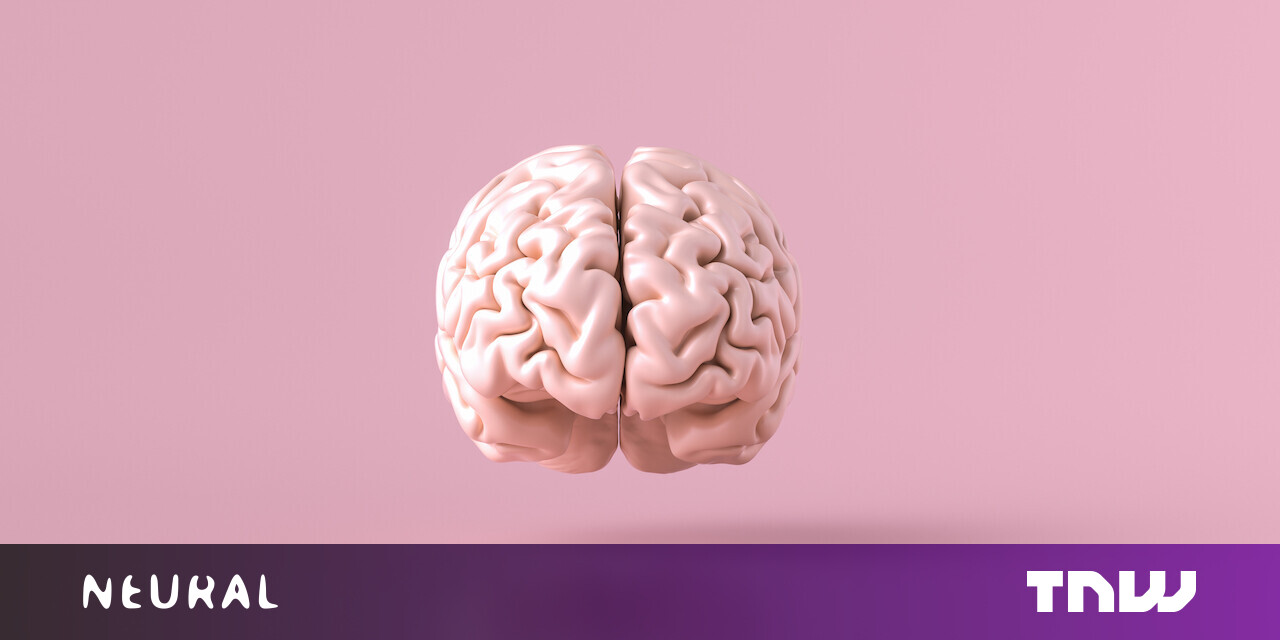
What Gaming Does to Your Brain—and How You Might Benefit
To stay away from Azeroth—which is to remain unsubscribed from Blizzard Entertainment’s enduring MMORPG, World of Warcraft—is no simple task. In fact, the gaming community has long (and only half-jokingly) referred to the orc- and elf-filled game as “World of Warcrack.”
As somebody who, over the last 14 years, has racked up over 600 days played, the pull of WoW’s constant new dungeons, raids, and battlegrounds is something I can attest to. When I’m at a loose end, the first thing that comes to mind is logging on my level 60 rogue. And if I don’t play for an extended period of time, I’ll, quite literally, see WoW in my dreams. On a conscious and subconscious level, I can’t quite escape.
Video game “addiction,” though, isn’t solely relegated to WoW; it’s cross-genre and cross-platform. Neither is addiction the only neurological and psychological side effect of video games. So how, scientifically, do video games—from MMORPGs to shooters to RPGs—affect our brains? And despite the drawbacks, can the brain benefit from video games?
When the subject of how video games affect us crops up, the first thing that comes to mind is video game addiction—a field that’s being increasingly studied by psychologists and neuroscientists alike, and is often played up for headlines more than it is an actual mental health threat on its face. “Roughly speaking, there are no big differences between video game addiction and other addictions,” says Marc Palaus, who holds a PhD in cognitive neuroscience from the Open University of Catalonia. “One key aspect to understand how addictions work is the reward system of the brain. The reward system mediates how pleasant stimuli (such as the presence of food, water, social interaction, sexual contact, or video games in this case) act as positive reinforcers for behavior.” Once our brains have been exposed to something pleasurable, we often want (and then set out to get) more—and video games are certainly no exception.























